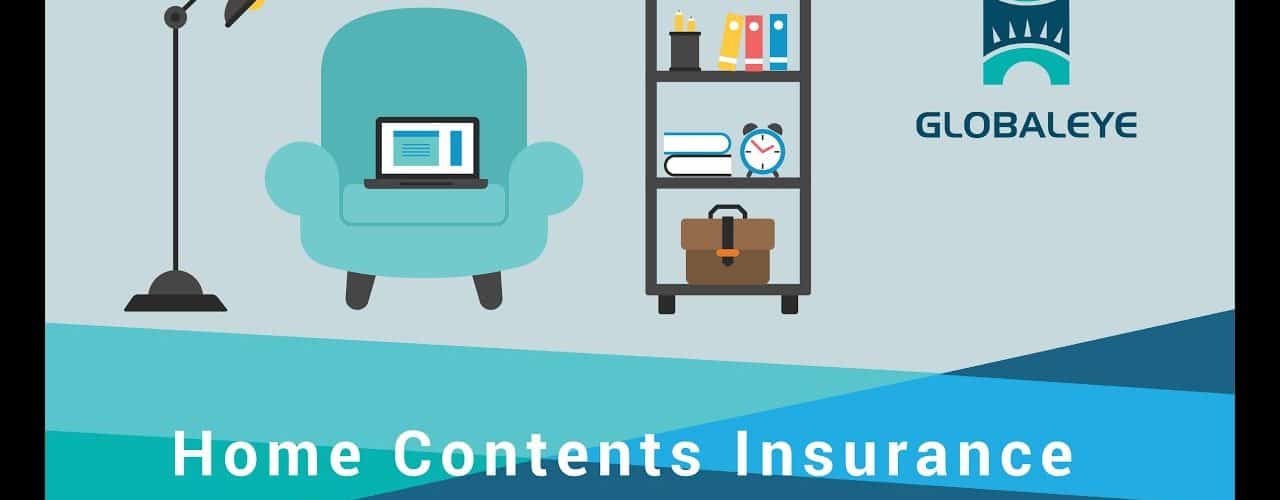Home contents insurance, also commonly referred to as “renter’s insurance” is an insurance designed to replace personal property that becomes lost or damaged in various disasters and accidents.
There are a lot of items that we keep in our homes that just can’t be replaced if lost or damaged. Things like photos, family records, and souvenir collections, but when disaster does strike, a home content insurance policy will be a lifesaver in the process of moving on.
Cheap home contents insurance can be used to insure furniture, entertainment items, valuable decorations like works of art, pets, books, etc. Pretty much just about anything that you own can be insured with home building contents insurance. When houses burn downs and rooms get flooded, your home and contents insurance policy will give you money to furnish your next place or refurnish the damaged room. For people who work out of their homes and maintain home offices, a home contents insurance policy will help in getting the victims back to work and bringing in an income again.
Home buildings and contents insurance policies are usually pretty cheap. Policy prices can vary in price for different reasons. Just like car insurance, home contents insurance is based on various factors. Those factors include size of the property to be insured, crime rate of the area, disaster probability rates for where you live, etc. All of these numbers get crunched together by various insurance employees and they decide what is an acceptable price you must pay every month for their company to accept the risk of loss of your things. Lucky for you that cost is a bargain for what you get for it.
Depending on the company, the cost to you may be calculated at a flat rate for every square foot of property being insured or they may calculated the cost to you by conducting an appraisal of the items to be insured. Which method will be used will usually depend on common business practices or industry regulation for the jurisdiction in which you reside.
Home contents insurance is one of those things that you don’t want or need until something bad happens. It would be best to secure a policy before anything happens so that you can be prepared in case something does happen. Policies can usually be purchased right over the phone or on line.
A great way to save a few dollars in outgoing payments every month is to try to bundle your home contents insurance with another policy. For example, you could bundle home owner’s insurance with your home contents insurance and car insurance to save various amounts of money every month. Ask your current insurance providers if they offer such a promotion and if they do then jump on it. Not only does it lower your monthly bill but it consolidates the bill paying process, which means that you can now send out one check a month instead of two or three. Nobody likes writing checks. It’s like money being pulled from your clenched hands. Some jurisdictions offer policies for as low as 10 or 20 dollars a month. Bundling that policy with another policy is a great way to watch yourself save money.
Home content’s insurance is a great idea for renters because nothing protects a renter in most jurisdictions should the property they are renting be destroyed or burned to the ground. Most rental leases release property owners from damage claims that rise out of a renter losing personal property. Renters and homeowners generally can’t request damages from emergency responders who may have caused damage to your property doing an actual emergency. Again, this is a question for a jurisdiction specific specialist.
In the event that you should have to file a claim under your home contents insurance policy, you should file the claim as soon as possible. Many larger insurance companies offer 24 hour assistance and claims filing. If telephone help isn’t available then online help might be. Filing the claim as soon as possible will ensure the fastest review of your case and delivery of your money.
Upon purchasing a policy it would be wise to consider purchasing a small fireproof safe for important documents like your policy documents and numbers. While it is true that most of your policy information will be stored online, there is no telling how long after an accident or disaster before you’ll be able to get to a computer with Internet access.
<>






